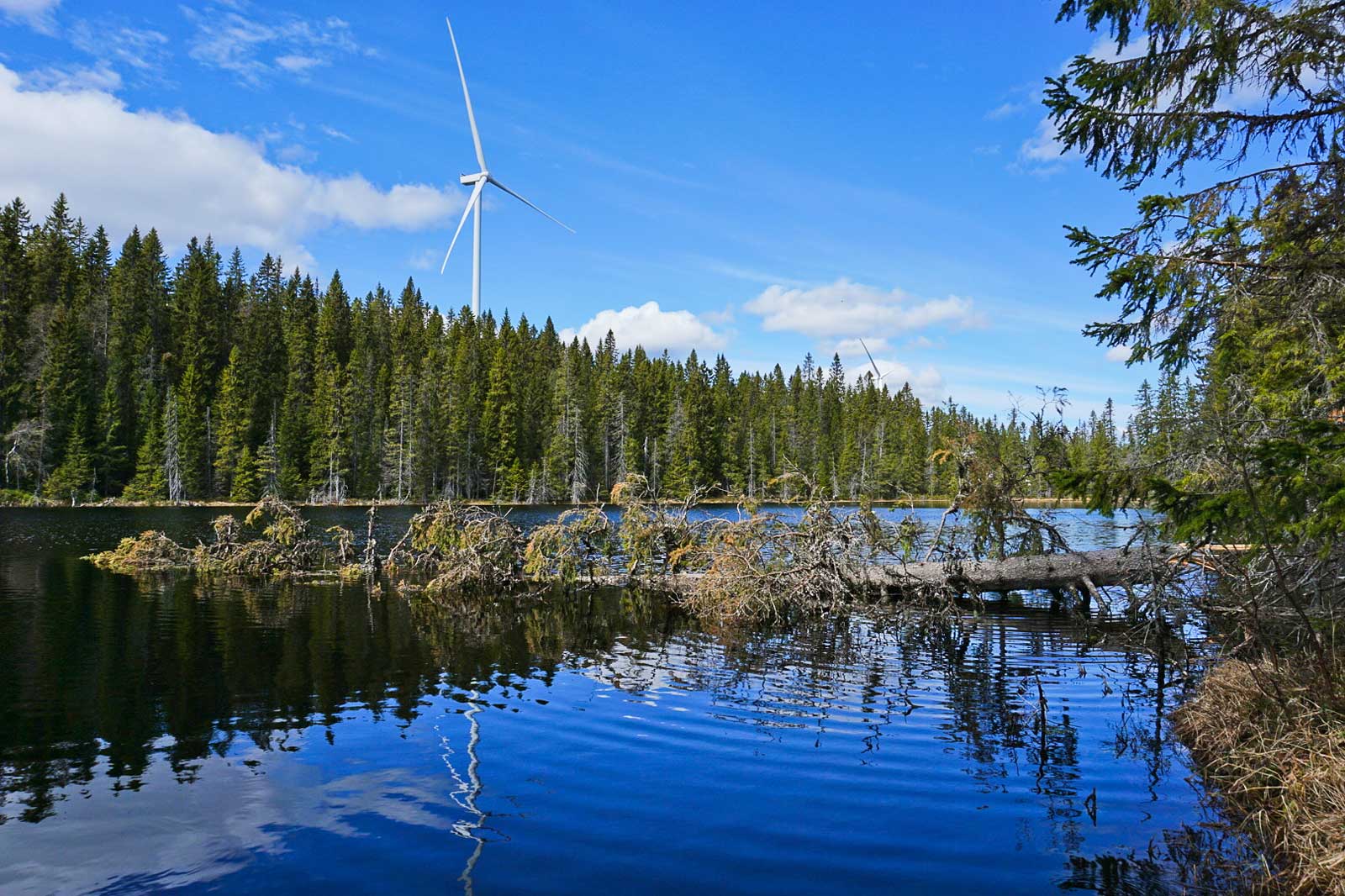Artificial intelligence and digital innovation can contribute to the strengthening of biological diversity when producing energy. The research programme Biopath at Lund University, Sweden, has been granted SEK 50 million over four years. The wind and hydrogen company RWE is one of the companies contributing to the project.
– The production of renewable electricity quickly needs to expand for us to electrify society, solve the climate crisis and increase the competitiveness of the industry. When building new wind farms, we want to add value to the surrounding environment, for example by contributing to biological diversity. It felt natural to be a part of this project, said Moa Rosén, project developer at RWE.
The Biopath research programme will identify, evaluate and co-develop existing and new approaches to how biodiversity can be integrated into economic decision-making. In addition, the institutional and political consequences will also be analysed. The work is carried out by an international research team together with a consortium of companies and authorities, where RWE allocates 80 hours of work per year.
– Our partners have been actively involved throughout the whole application process. Their engagement and enthusiasm in joining forces to find pathways for integrating biodiversity perspectives in financial decision-making has impressed me and inspired us to design an ambitious agenda for Biopath, said Susanne Arvidsson, Associate professor of Business administration at the School of Economics and Management at Lund University and programme manager at Biopath.
The programme has been granted funding of SEK 50 million over a four-year period from the Swedish Foundation for Strategic Environmental Research, Mistra, and will start in September 2022. RWE participates as one of six companies from the energy sector.
– We will continue to work side by side to develop, innovate and test the most viable and effective solutions needed to stop and reverse the loss of biodiversity. In this process, we utilize the potential in digital innovation and AI expertise, said Susanne Arvidsson.
Biodiversity is a collective term for all species and habitats that exist on earth and play a crucial role in the functioning of ecosystems. Species are currently being wiped out at a rate between 100 and 1,000 times faster than before the industrialization, and the UN panel on biological diversity, IPBES, concluded in 2018 that the loss of animals and nature is as great a threat to man as climate change.
Facts: Pathways towards an efficient alignment of the financial system with the needs of biodiversity (BIOPATH)
- Led by Lund University
- Funded by the independent research foundation Mistra
- Runs for eight years and is funded with SEK 50 million per four-year period
- Includes researchers from Lund, Gothenburg and Stockholm Universities as well as international research institutes
- 34 partners from the industry and government authorities participate through a consortium
- EON, Kraftringen, Northvolt, OX2, RWE and Vattenfall participate from the energy industry
Read more about Biopath on Lund University's website.
